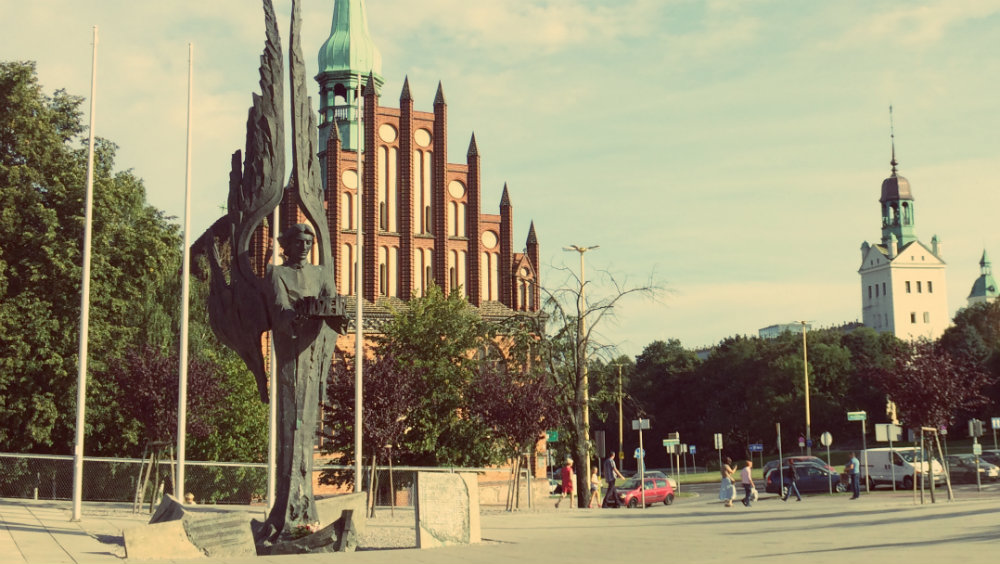
Szczecin, Stettin in German, is a medium-sized harbour city located in the Polish Pomerania, near the border with Germany, roughly an hour by train from Berlin.
Stettin was, up until 1945, considered the port of Berlin and as such was one of the main harbours in Germany. It’s huge strategic importance for the Third Reich‘s economy made it a common target for the Allied Forces, which frequently bombed the city reducing 60% of its buildings to rubble.
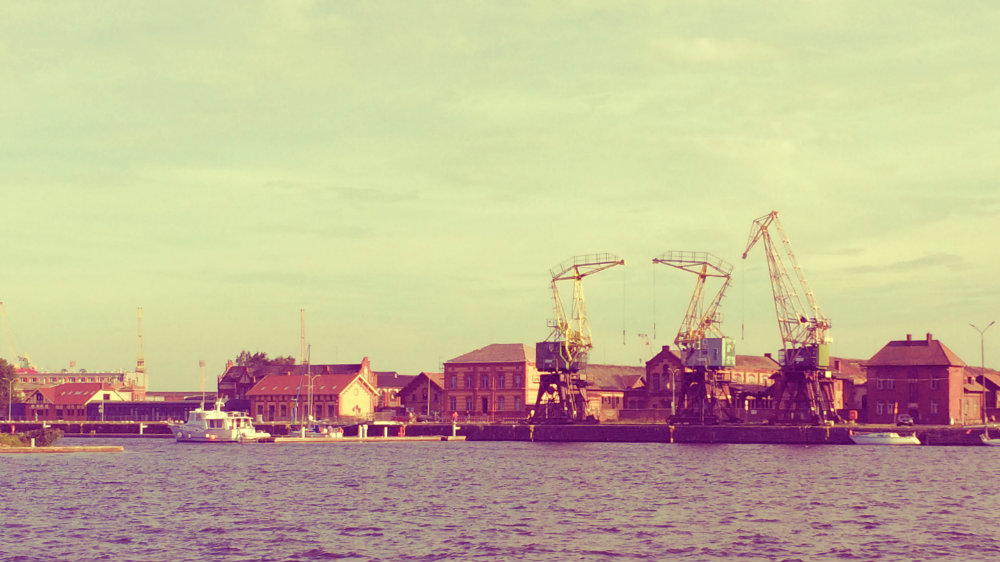
Once the Great War was over, and with the German defeat, Stettin was transferred to Poland and renamed Szczecin.
Visiting Szczecin
While Szczecin does not have the beauty of other Polish cities, like Gdansk or Torun, it is a pleasant and attractive enough town for a day getaway from Berlin or to spend a night if you use it as an entry point to explore Poland.
Things to see in Szczecin
Old Town
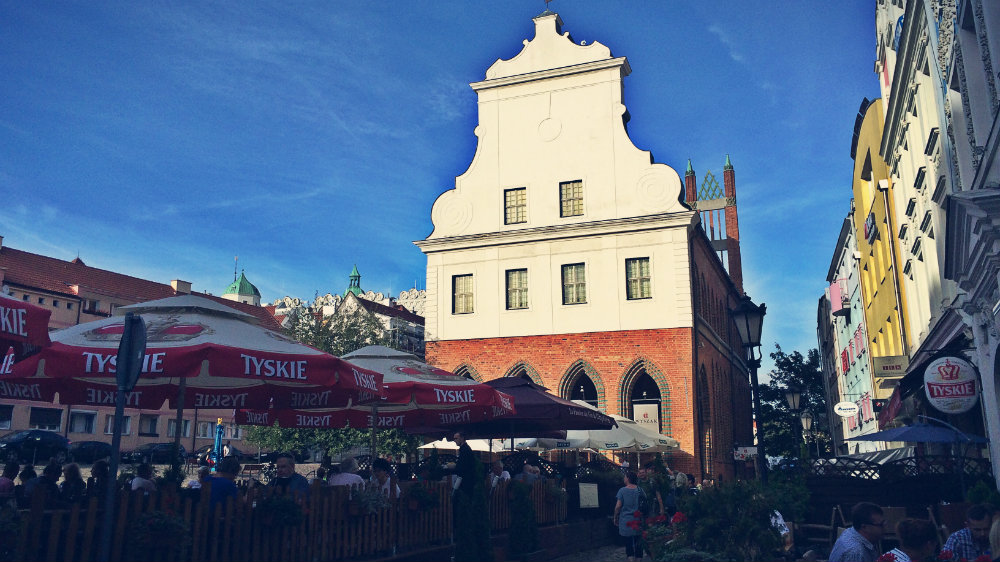
Because of its tumultuous history and having lost over a half of its old buildings during World War II, Szczecin’s Old Town is a bit aseptic and plain.
As it happened in East Berlin, the Polish post-war communist authorities opted to fill the once medieval and barroque Old Town of Szczecin with ugly brutalist buildings of dubious aesthetic value.
However, the area around Market Square (Rynek) still has some of its old charm. This little square is also the place to be for contemporary cuisine and athmospheric traditional restaurants.
Pomeranian Dukes Castle
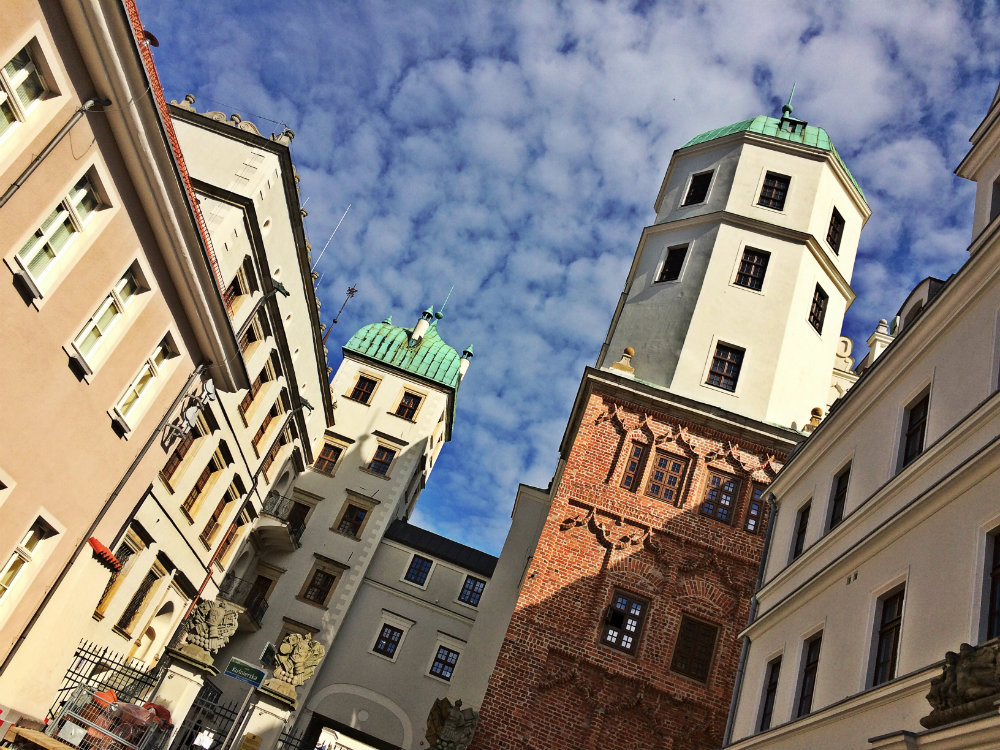
Probably the main thing to see in Szczecin.
The Pomeranian Dukes Castle is the former residence of the Dukes of Pomerania-Stettin, who ruled the city between 1121 and 1637. While it is a castle with medieval origins, it has been heavily expanded and renovated over 700 years. The current building is actually an almost total reconstruction of after the original building was destroyed by two allied air raids in 1944.
The Ducal Castle now serves as a museum and exhibition center.
The main attraction in the complex of buildings is its bell tower, where you have panoramic views of the city and harbour.
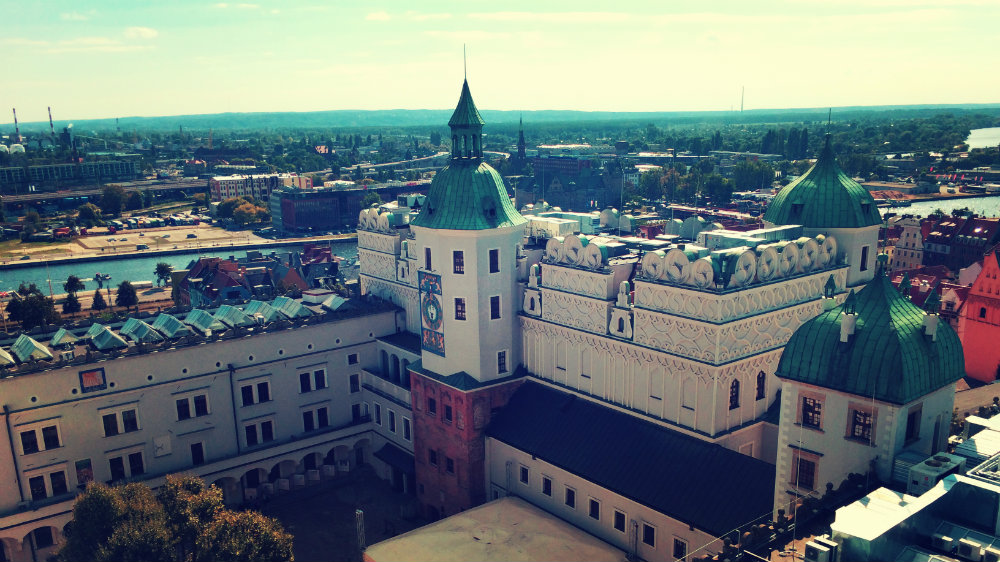
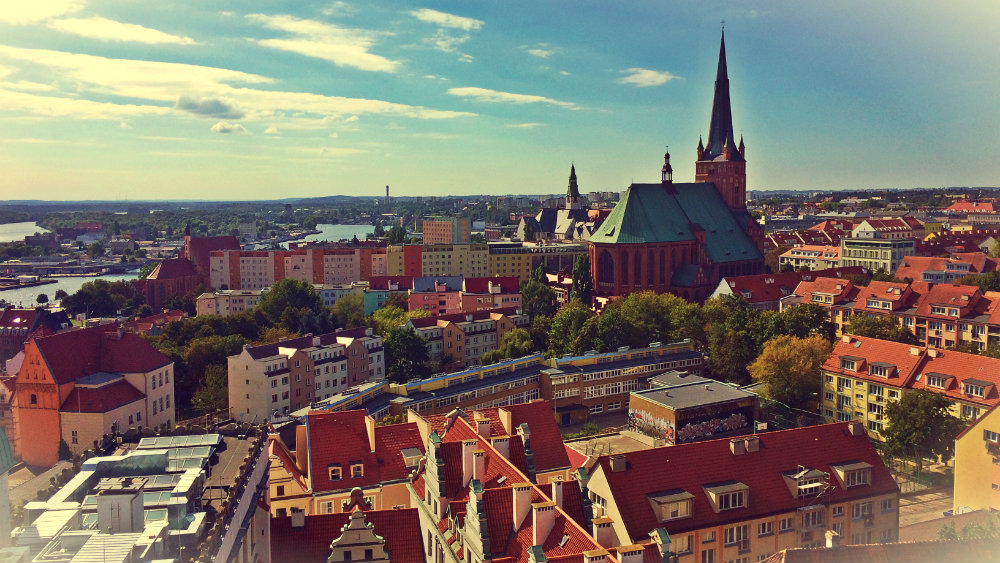
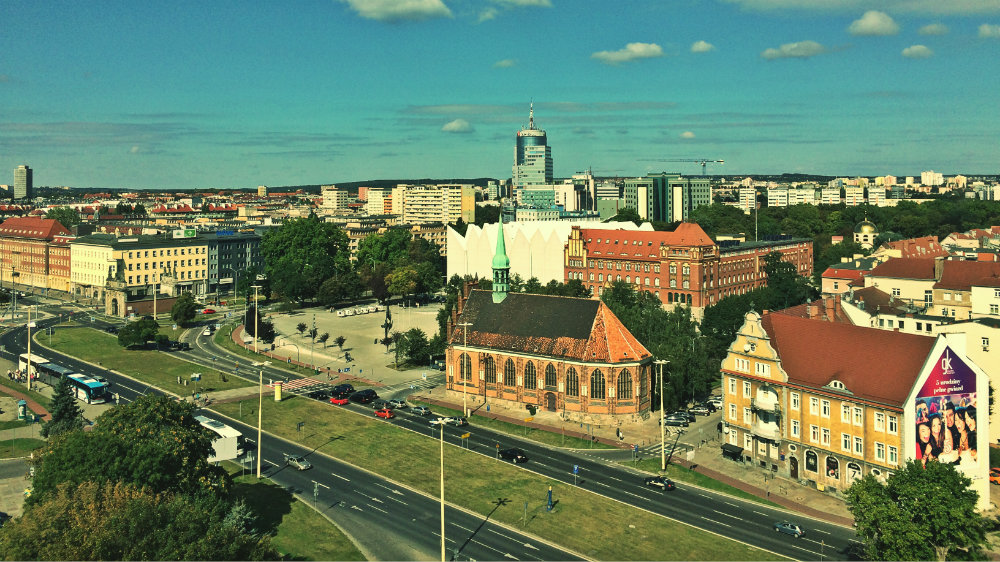
St James the Apostle Cathedral
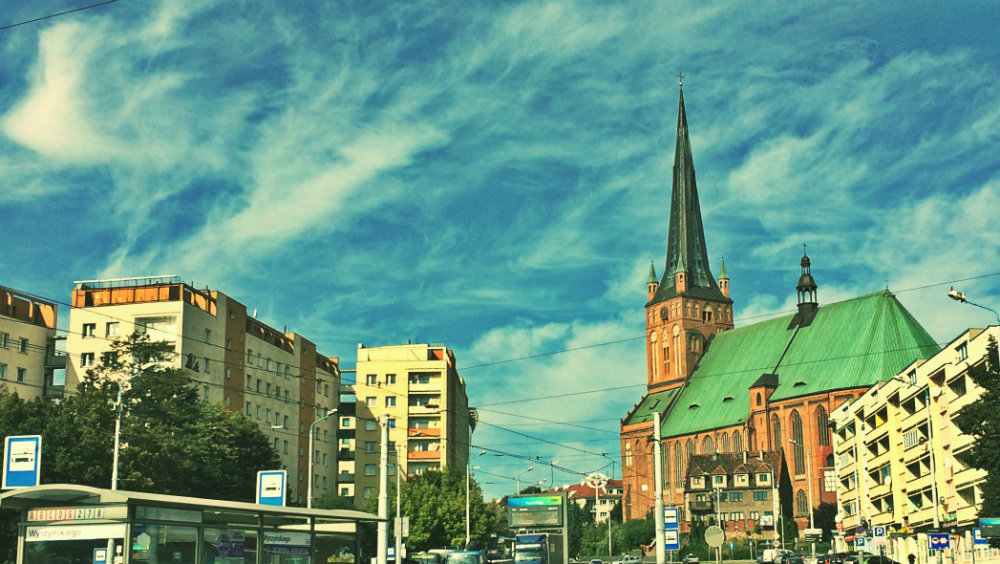
The Cathedral Basilica of St. James the Apostle is Szczecin’s second tallest building, reaching over 110 meters.
The interior decoration is rather austere, but it also has an observation deck on the steeple.
A walk along the Oder
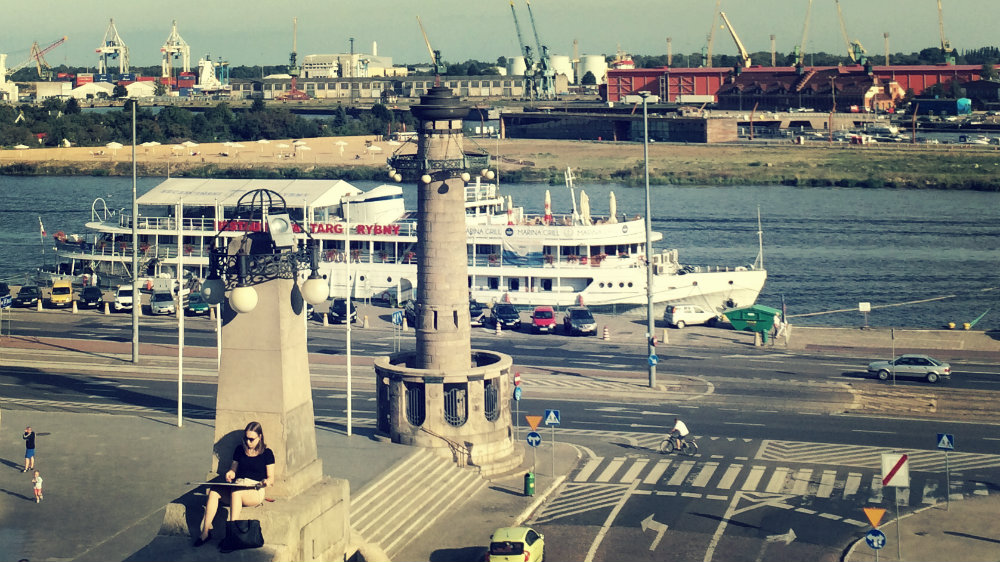
The river that flows through Szczecin is the Oder (Odra in Polish).
It has a beautiful riverside promenade with several cafés, bars and restaurants.
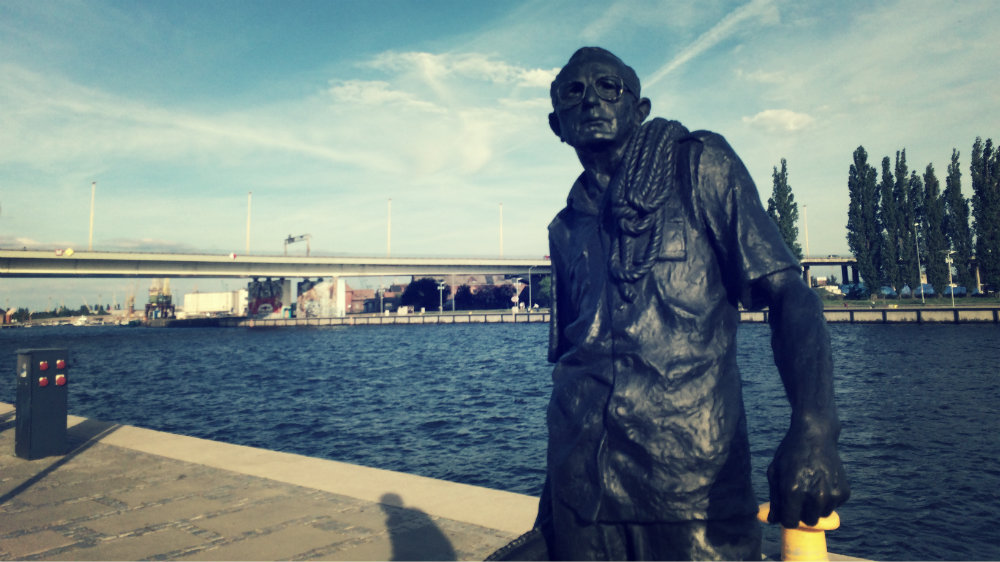
Waly Chrobrego
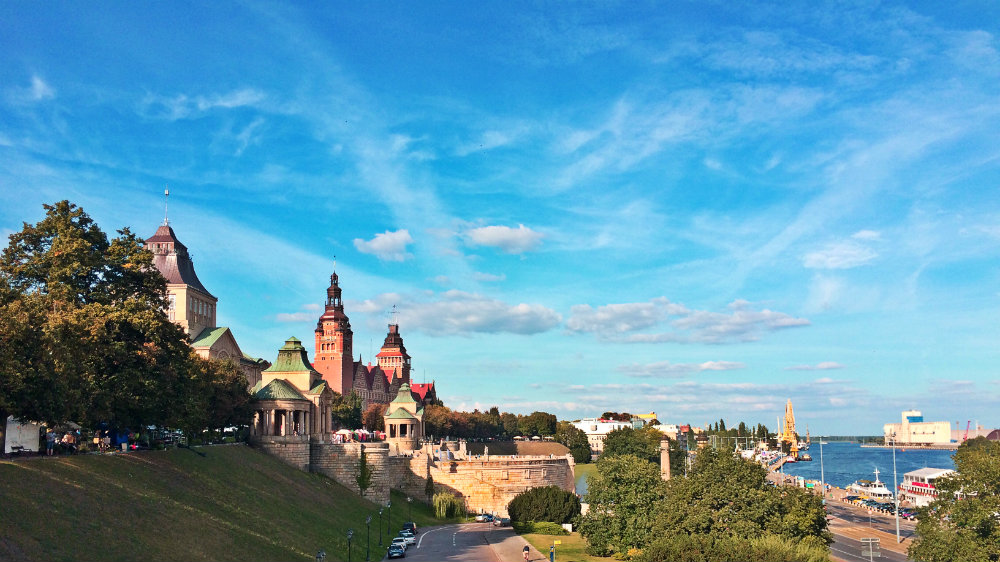
It is the most famous complex of buildings in Szczecin. Located on the west bank of the Oder, the architectural complex was built between 1900 and 1914 on the site of an ancient fortress. It was miraculously spared from destruction during World War II.
On top of the hill you can find the old Municipal Museum of Stettin, now rebrandedn National Museum of Poland and on your right, the government building of the region of Pomerania.
Visiting Stettin’s WWII bunker
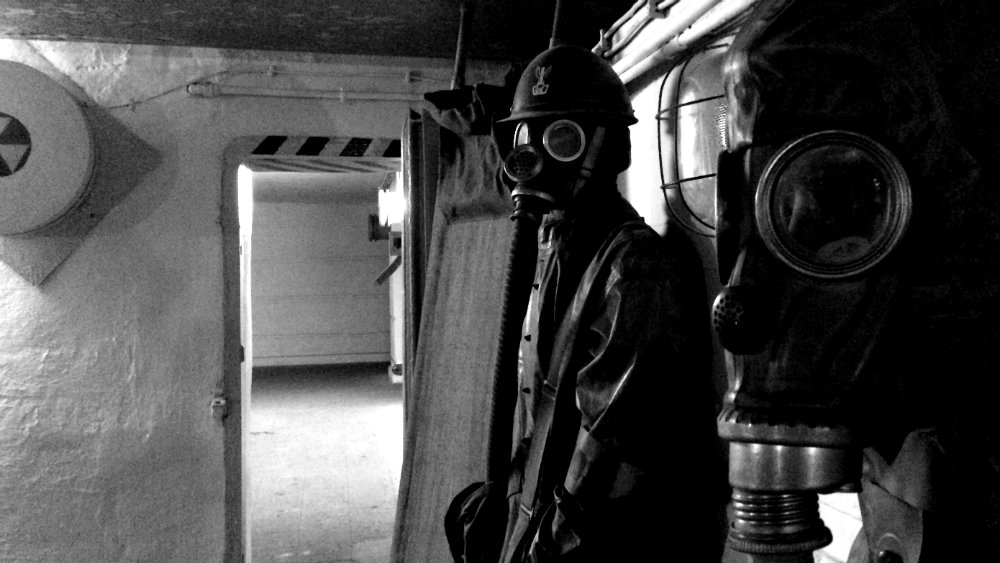
As was mentioned before, due to the strategic importance of Stettin as the main port of the capital of the Third Reich, the city was one of the favorite targets of the British Air Force, which bombed the city on numerous occasions.
For this reason, authorities had to develop an impressive complex of underground tunnels, shelters and bunkers. The actual size of this underground network is yet to be discovered as only a fraction has been explored in the last years.
One of the main bunkers of the city, next to the Central Railway Station, is open to the public.
The tour lasts roughly an hour and it is possible to do it in Polish, German and English. Tickets are purchased at the ticket office located next to platform 1 and costs about 6 euros. You can also purchase your tickets here.
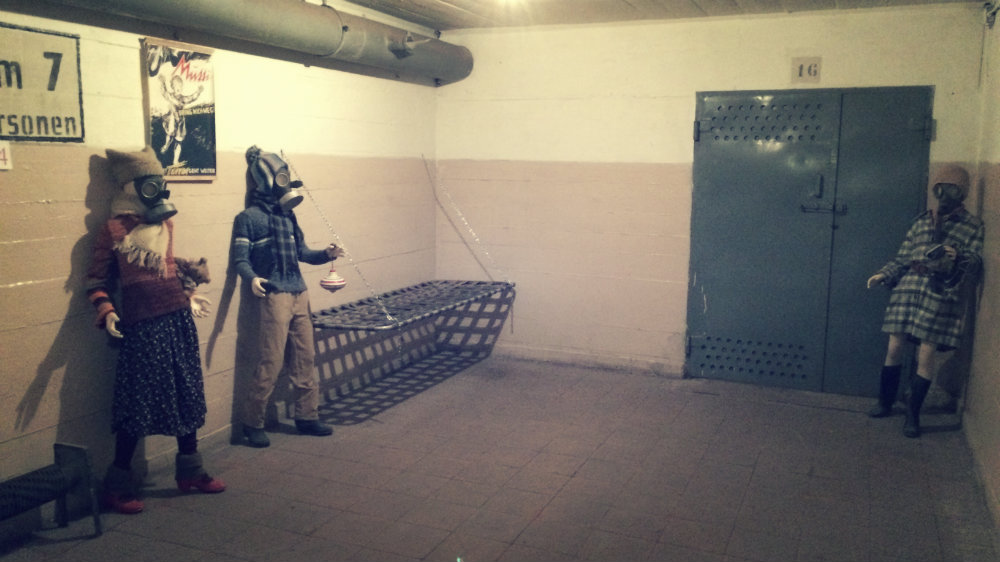


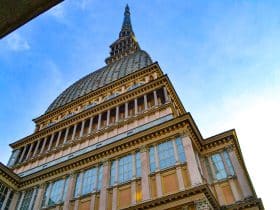
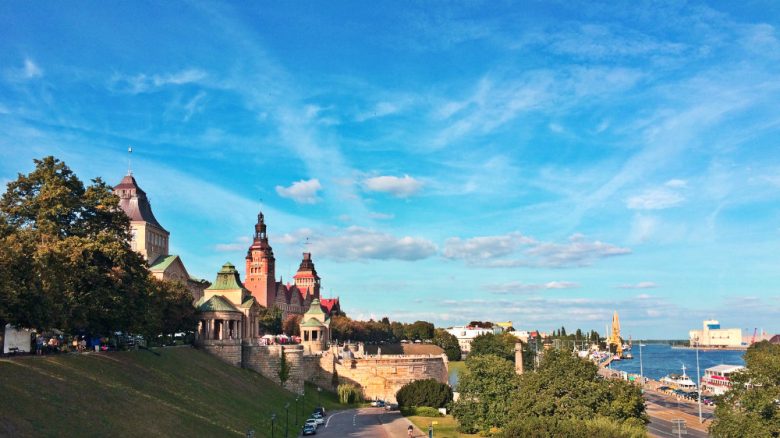
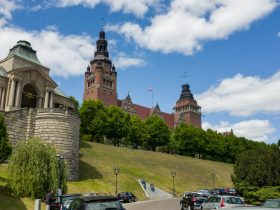
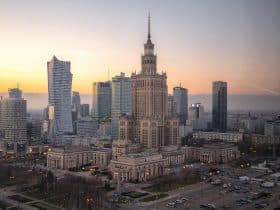

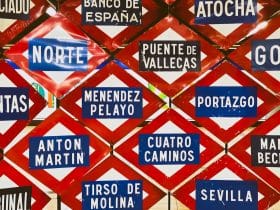
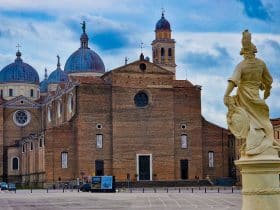

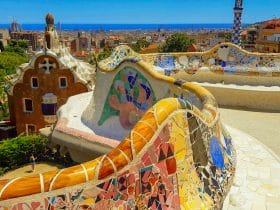
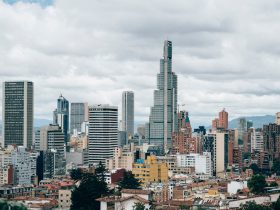

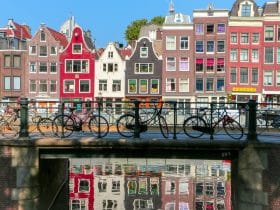
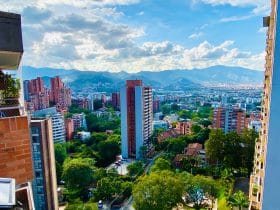


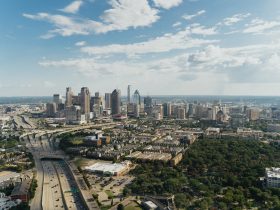
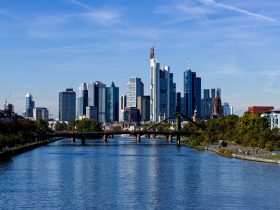
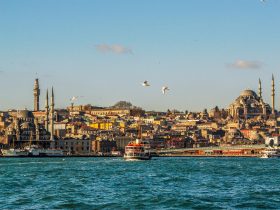


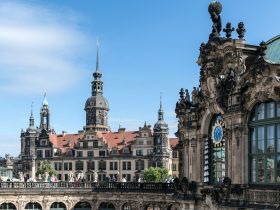
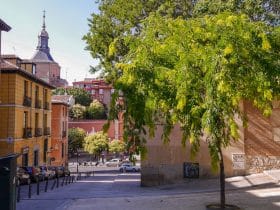

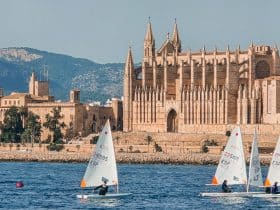
Pomerania is really not discovered area of our country. I usually meet Germans here 🙂 English people prefer Cracow. That is why I encourage you to visit Szczecin, a beautiful city with a rich accommodation, for example I can recommend hotel dana – beautiful old building, historical. A visit to the Philharmonic, underground tunely. There are many attractions in this city.